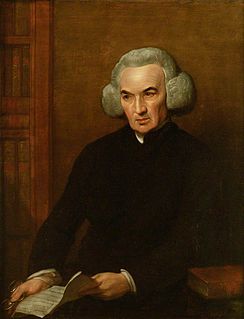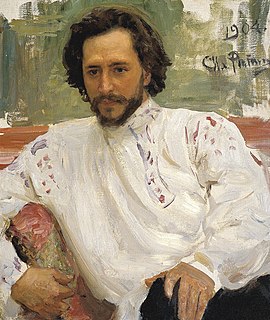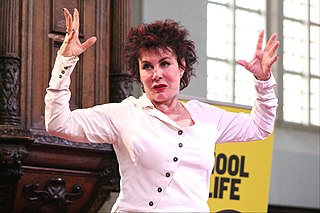A Quote by Diane Setterfield
There are times when the human face and body can express the yearning of the heart so accurately that you can, as they say, read them like a book. Do not abandon me.
Related Quotes
[People] might have a different word for the yearning of the heart and the yearning of the spirit that is looking for what I call "God," it still is the same thing. It is the heart's yearning to know the origin of its mystery. It's a heart's yearning to know the power of the divine in each of our lives. It's a heart's yearning to be connected to that.
In your relationship with God there are also times when you want to say things and you're trying to find the words to express them. In a human relationship sometimes you struggle for words and you've got to do it, but in a relationship with God he can actually give you a language which enables you to communicate. In a relationship with God you feel things and you want to express them and you're not limited by human language. You can express what you really feel in your heart, through a language that he gives you, and that helps you to communicate with God.
Question four: What book would you give to every child? Answer: I wouldn't give them a book. Books are part of the problem: this strange belief that a tree has nothing to say until it is murdered, its flesh pulped, and then (human) people stain this flesh with words. I would take children outside and put them face to face with chipmunks, dragonflies, tadpoles, hummingbirds, stones, rivers, trees, crawdads. That said, if you're going to force me to give them a book, it would be The Wind In The Willows, which I hope would remind them to go outside.
I want to be the apostle of self destruction. I want my book to affect man's reason, his emotions, his nerves, his whole animal nature. I should like my book to make people turn pale with horror as they read it, to affect them like a drug, like a terrifying dream, to drive them mad, to make them curse and hate me but still to read me.
In a New York Post interview, Judy Blume, author of young-adult fiction, gave this advice on getting your kids to read: "Moms come up to me at book signings and describe how they're telling their daughters, 'These were my favorite books,'?" she says. "I say, 'Quit it! That's the biggest turnoff!'"You want to get them to read them, leave them around the house and every so often, say, 'You're not ready to read this yet.'



































